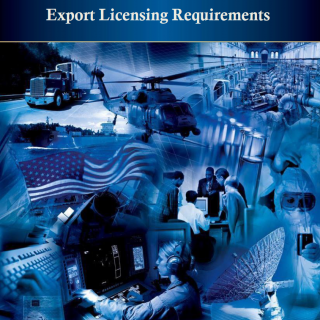Export License
A US Export License is not a form but rather a legal authorization granted by the US government to export items or information that are on the Commerce Control List (CCL) or are subject to the Export Administration Regulations (EAR).
To apply for an export license, an exporter must complete an electronic application through the Simplified Network Application Processing system (SNAP-R) maintained by the Bureau of Industry and Security (BIS) within the US Department of Commerce. The application will require various details, including the description of the item to be exported, the end-user, the destination country, the end-use, and the ultimate consignee.
The advantages of this form are that it ensures compliance with US export regulations, it helps to prevent illegal exports, and it can facilitate the export of certain controlled items by providing a legal framework for the transaction. However, if the form is filled out incorrectly or if the exporter fails to comply with the license conditions, severe legal and financial consequences can result, including fines, imprisonment, or revocation of the export privileges.
Export license is a legal document that allows the exporter to ship specific goods to certain countries. It is issued by the government department responsible for regulating the export of goods in a country. It consists of details on the goods being exported, the destination country, and any restrictions or regulations that apply to the export.
The export license is typically required for products that have national security implications, military hardware or advanced technology, as well as commodities that are restricted or prohibited by some countries for either political, economic, or socio-cultural reasons.
The parties involved in the export license process include the exporter, the government agency responsible for issuing the license, and the importing country's government agency responsible for overseeing the import process.
When filling out the export license, the exporter should carefully ensure that all the required information is included and accurate. This includes details about the goods being exported, the recipient, the end-use, and the export control or licensing rules and regulations that apply. Filling out the application incorrectly or failing to provide all necessary information may delay the export process or result in penalties for non-compliance.

